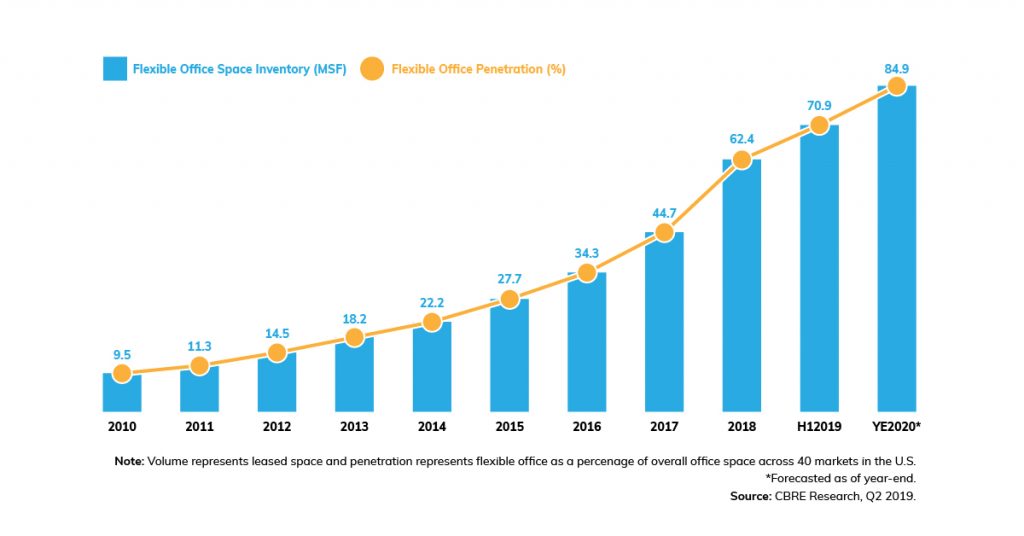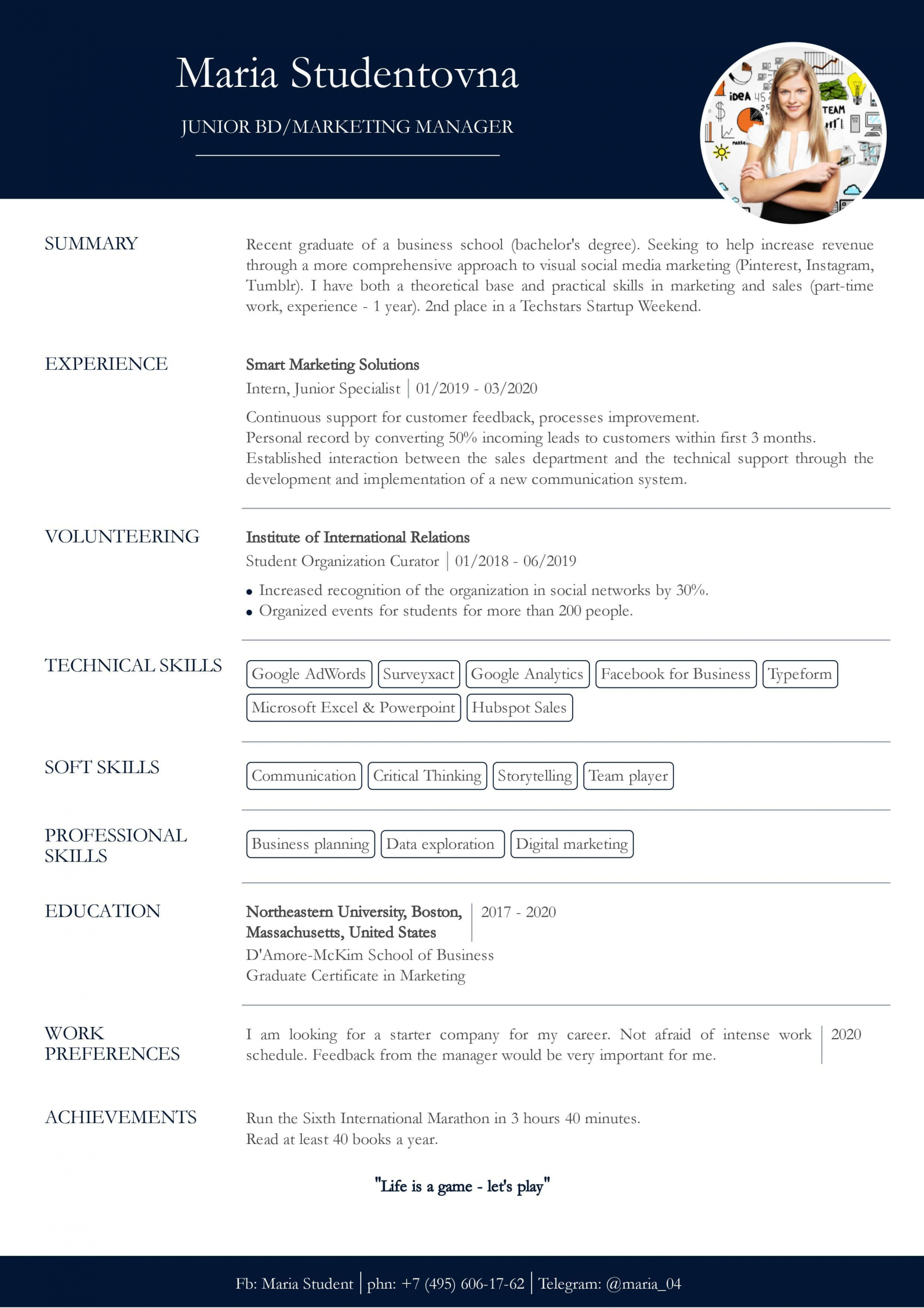Breaking Free from the 9-to-5 Grind: The Rise of Remote Work
The traditional 9-to-5 office routine is no longer the only way to earn a living. With the advancement of technology and the rise of remote work, it’s now possible to work from anywhere and achieve a better work-life balance. Remote work, also known as telecommuting or working from home, has become increasingly popular over the past decade. According to a report by Global Workplace Analytics, the number of remote workers has grown by 115% since 2005, with 4.7 million employees in the United States working from home at least half of the time.
This shift towards remote work has been driven by various factors, including the need for flexibility, increased productivity, and reduced commuting time. With the help of digital tools and communication platforms, remote workers can stay connected with their teams and collaborate on projects from anywhere in the world. Moreover, remote work provides an opportunity for people to work in a setting that is comfortable and conducive to their productivity, leading to improved job satisfaction and reduced turnover rates.
One of the significant benefits of remote work is the ability to work from anywhere, at any time. This flexibility is particularly appealing to individuals who value work-life balance and want to spend more time with their families or pursue hobbies. Remote work also provides an opportunity for people with disabilities or those living in remote areas to participate in the workforce. With the rise of remote work, it’s now possible for anyone to find a job that fits their lifestyle and preferences, regardless of their location or experience level.
In fact, many companies are now offering remote work options to attract and retain top talent. According to a survey by Gallup, 43% of employed adults in the United States are working remotely at least some of the time, and this number is expected to grow in the coming years. With the advancement of technology and the increasing demand for flexibility, it’s likely that remote work will become the new norm in the future.
As the job market continues to evolve, it’s essential for individuals to adapt and acquire the skills necessary to thrive in a remote work environment. With the right mindset, skills, and tools, anyone can succeed in a remote job and enjoy the benefits of working from anywhere. Whether you’re looking for a job that offers flexibility, autonomy, or a better work-life balance, remote work can provide the freedom and opportunities you need to achieve your goals.
Exploring the World of Entry-Level Remote Jobs: Opportunities Abound
As the demand for remote work continues to grow, many companies are now offering entry-level remote jobs that require little to no experience. These opportunities are perfect for individuals who are looking to start their careers or transition into a new field. With the advancement of technology, it’s now possible to work remotely in various industries, including customer service, marketing, writing, and more.
Some of the top industries that offer entry-level remote jobs include:
- Customer Service: Many companies outsource their customer service operations to remote teams, who handle phone calls, emails, and chats with customers.
- Virtual Assistance: Virtual assistants provide administrative support to businesses and entrepreneurs, handling tasks such as email management, calendar organization, and data entry.
- Writing and Content Creation: With the rise of content marketing, many companies are looking for writers and content creators who can produce high-quality content for their websites and social media channels.
- Software Development: With the growth of the tech industry, many companies are looking for entry-level software developers who can work on various projects, including mobile app development, web development, and more.
Some of the top companies that offer entry-level remote jobs include:
- Amazon: Amazon offers a range of remote jobs, including customer service, sales, and software development.
- Convergys: Convergys is a company that provides customer management and information management services to businesses, and they often hire remote workers for various roles.
- Working Solutions: Working Solutions is a company that provides customer service and writing services to businesses, and they often hire remote workers for various roles.
- Fancy Hands: Fancy Hands is a company that provides virtual assistant services to businesses and entrepreneurs, and they often hire remote workers for various roles.
These are just a few examples of the many companies and industries that offer entry-level remote jobs. With the right skills and experience, it’s possible to land a remote job and start working from anywhere.
When searching for entry-level remote jobs, it’s essential to look for companies that offer flexible scheduling, training, and support. Many companies also offer benefits, such as health insurance, retirement plans, and paid time off, which can be a great perk for remote workers.
Overall, the world of entry-level remote jobs is full of opportunities for individuals who are looking to start their careers or transition into a new field. With the right skills, experience, and mindset, it’s possible to land a remote job and start working from anywhere.
How to Land a Remote Job with No Experience: Tips and Strategies
Landing a remote job with no experience can be challenging, but it’s not impossible. With the right strategies and mindset, you can increase your chances of success and start working from anywhere. Here are some actionable tips to help you get started:
1. Build a strong online presence: Having a professional online presence is crucial for remote job seekers. Create a LinkedIn profile, personal website or blog, and engage with industry leaders and professionals on social media.
2. Network and make connections: Networking is key to finding remote job opportunities. Attend online events, join remote work communities, and connect with people in your industry on LinkedIn.
3. Create a standout resume and cover letter: Your resume and cover letter should highlight your skills, experience, and achievements. Tailor them to the remote job you’re applying for, and make sure they’re error-free and visually appealing.
4. Develop in-demand skills: Remote jobs often require specialized skills, such as digital marketing, software development, or data analysis. Invest in online courses or training programs to develop in-demand skills and increase your chances of landing a remote job.
5. Be proactive and persistent: Landing a remote job can take time, so it’s essential to be proactive and persistent. Apply to multiple job openings, follow up with employers, and don’t get discouraged by rejections.
6. Prepare for remote job interviews: Remote job interviews are often conducted via video conferencing or phone calls. Prepare by researching the company, practicing your responses to common interview questions, and ensuring your technology is working properly.
7. Consider freelance or contract work: Freelance or contract work can be a great way to gain experience and build your portfolio. Consider platforms like Upwork, Freelancer, or Fiverr to find freelance work opportunities.
8. Stay organized and focused: Remote job seekers need to be organized and focused to succeed. Use tools like Trello, Asana, or Todoist to manage your job search, and prioritize your tasks to ensure you’re making progress.
By following these tips and strategies, you can increase your chances of landing a remote job with no experience. Remember to stay positive, persistent, and open-minded, and you’ll be working from anywhere in no time.
Top Remote Jobs for Beginners: A Closer Look
As a beginner in the remote job market, it can be overwhelming to navigate the various job opportunities available. However, there are several remote jobs that are perfect for beginners, requiring little to no experience. Here are some of the top remote jobs for beginners:
1. Customer Service Representatives: Many companies outsource their customer service operations to remote teams, who handle phone calls, emails, and chats with customers. This job requires excellent communication skills, patience, and a positive attitude.
2. Data Entry Clerks: Data entry involves entering information into a computer database or spreadsheet. This job requires attention to detail, basic computer skills, and the ability to work independently.
3. Virtual Assistants: Virtual assistants provide administrative support to businesses and entrepreneurs, handling tasks such as email management, calendar organization, and data entry. This job requires excellent communication skills, organizational skills, and the ability to work independently.
4. Content Writers: Content writers create engaging content for businesses and websites, including blog posts, articles, and social media posts. This job requires excellent writing skills, creativity, and the ability to work independently.
5. Social Media Managers: Social media managers create and implement social media strategies for businesses, including creating content, engaging with followers, and analyzing metrics. This job requires excellent communication skills, creativity, and the ability to work independently.
6. Online Tutors: Online tutors work with students remotely, providing instruction and support in a particular subject area. This job requires excellent communication skills, patience, and a strong understanding of the subject matter.
7. Transcriptionists: Transcriptionists listen to audio or video files and transcribe the content into written form. This job requires attention to detail, basic computer skills, and the ability to work independently.
These remote jobs are perfect for beginners, requiring little to no experience. They offer a great opportunity to gain experience, build skills, and work from anywhere. Remember to tailor your resume and cover letter to the specific job you’re applying for, and be prepared to showcase your skills and experience during the interview process.
The Skills You Need to Succeed in a Remote Job: A Beginner’s Guide
As a remote worker, you’ll need to possess a unique set of skills to succeed in your role. While technical skills are important, they’re not the only skills required to thrive in a remote job. Here are some essential skills you’ll need to succeed:
1. Communication skills: As a remote worker, you’ll need to communicate effectively with your team and manager through digital channels. This includes writing clear and concise emails, participating in video conferencing, and using instant messaging apps.
2. Time management skills: Without a traditional office environment, it can be easy to fall into bad habits and procrastinate. To succeed in a remote job, you’ll need to be able to manage your time effectively, prioritize tasks, and meet deadlines.
3. Self-motivation: Remote work requires a high level of self-motivation and discipline. You’ll need to be able to stay focused and motivated, even when working from home or in a coffee shop.
4. Technical skills: Depending on the type of remote job you’re applying for, you may need to possess specific technical skills. This could include proficiency in software applications, programming languages, or data analysis tools.
5. Problem-solving skills: As a remote worker, you’ll need to be able to troubleshoot problems and come up with creative solutions. This includes being able to think critically and outside the box.
6. Adaptability: Remote work requires a high level of adaptability and flexibility. You’ll need to be able to adjust to new software, tools, and workflows, as well as be able to pivot when priorities change.
7. Boundary setting: When working from home, it can be easy to get sucked into work-related tasks at all hours of the day and night. To maintain a healthy work-life balance, you’ll need to be able to set clear boundaries between your work and personal life.
By possessing these essential skills, you’ll be well on your way to succeeding in a remote job. Remember to highlight these skills in your resume and cover letter, and be prepared to demonstrate them during the interview process.
Overcoming the Challenges of Remote Work: Staying Motivated and Focused
While remote work offers many benefits, it can also present unique challenges. One of the biggest challenges remote workers face is staying motivated and focused. Without a traditional office environment, it can be easy to get distracted and lose momentum. Here are some tips to help you overcome these challenges:
1. Create a dedicated workspace: Designate a specific area of your home or office as your workspace and keep it organized and clutter-free. This will help you establish a clear boundary between work and personal life.
2. Establish a routine: Create a schedule for your workday and stick to it. This will help you stay focused and avoid procrastination.
3. Minimize distractions: Eliminate or minimize distractions in your workspace, such as turning off notifications on your phone or closing social media tabs.
4. Take breaks: Take regular breaks to recharge and refocus. This can help you avoid burnout and maintain productivity.
5. Stay connected with colleagues and friends: When you work remotely, it can be easy to feel isolated. Make an effort to stay connected with colleagues and friends through video conferencing, phone calls, or instant messaging.
6. Set boundaries with family and friends: Communicate your work hours and boundaries with family and friends to avoid interruptions and distractions.
7. Prioritize self-care: Working remotely can be stressful and isolating. Make sure to prioritize self-care by taking time for exercise, meditation, or other activities that promote well-being.
By following these tips, you can overcome the challenges of remote work and stay motivated and focused. Remember, remote work requires discipline and self-motivation, but the benefits are well worth the effort.
Creating a Productive Home Office: Tips for Remote Workers
As a remote worker, your home office is your workspace. It’s essential to create a productive and comfortable environment that fosters focus, creativity, and productivity. Here are some tips to help you set up a productive home office:
1. Choose a dedicated space: Designate a specific area of your home as your workspace and keep it organized and clutter-free. This will help you establish a clear boundary between work and personal life.
2. Invest in ergonomic furniture: Invest in a comfortable and ergonomic chair, desk, and keyboard tray to promote good posture and reduce eye strain.
3. Optimize lighting: Ensure that your workspace has sufficient natural light or invest in a high-quality desk lamp to reduce eye strain.
4. Minimize distractions: Eliminate or minimize distractions in your workspace, such as turning off notifications on your phone or closing social media tabs.
5. Use noise-cancelling headphones: Noise-cancelling headphones can help you focus and block out distractions, such as background noise or family members.
6. Invest in a reliable internet connection: A fast and reliable internet connection is essential for remote work. Invest in a high-quality internet plan to ensure that you can stay connected and productive.
7. Keep your workspace organized: Keep your workspace organized and clutter-free to promote focus and productivity. Use storage bins, shelves, and a desk organizer to keep your workspace tidy.
By following these tips, you can create a productive home office that fosters focus, creativity, and productivity. Remember, a well-designed home office is essential for remote workers to stay motivated and successful.
Conclusion: Unlocking a World of Possibilities with Remote Work
Remote work is no longer a novelty, but a reality that offers a world of possibilities for individuals seeking flexibility, freedom, and fulfillment in their careers. With the rise of remote work, it’s now possible to work from anywhere, at any time, and still achieve a high level of productivity and job satisfaction.
As we’ve discussed in this article, there are many benefits to remote work, including increased flexibility, productivity, and work-life balance. Additionally, remote work provides opportunities for individuals to work in a variety of industries and roles, from customer service and data entry to software development and writing.
While remote work may present some challenges, such as isolation and distractions, there are many strategies and tools available to help remote workers stay motivated and focused. By creating a productive home office, establishing a routine, and minimizing distractions, remote workers can achieve a high level of success and job satisfaction.
If you’re considering a career in remote work, we encourage you to take the first step towards a more flexible and fulfilling career. With the right skills, mindset, and support, you can unlock a world of possibilities and achieve your goals.
Remember, remote work is not just a trend, but a reality that’s here to stay. By embracing this new way of working, you can experience the freedom and flexibility that comes with working from anywhere, and achieve a better work-life balance.
So, what are you waiting for? Start your remote work journey today and discover a world of possibilities!




